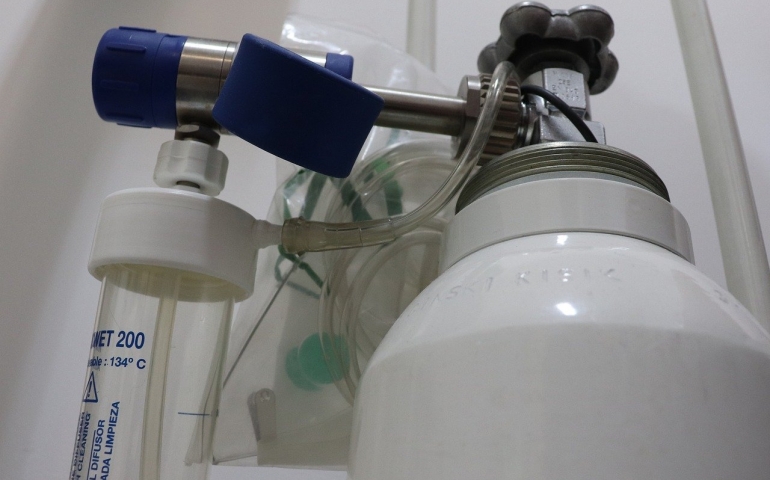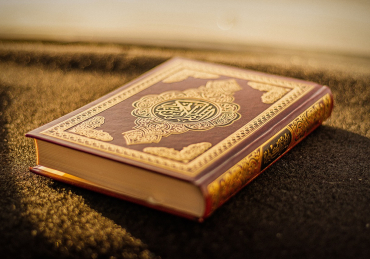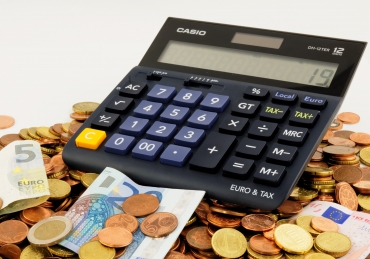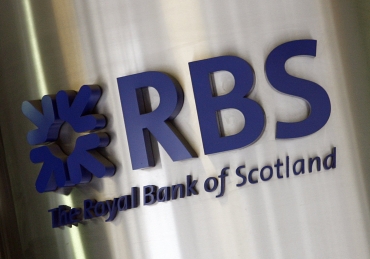Zakat for Oxygen Cylinders and Ventilators
Question
Can Zakat funds be used to purchase oxygen cylinders and ventilators for hospitals?
(For other Q&As, Fatwas & articles regarding Covid-19, click here)
بسم الله الرحمن الرحیم
Answer
Supporting people in need is an extremely noble endeavour. However, this must be done within the framework of Islamic principles.
Zakat is primarily the right of poor Muslims who must be given full ownership (tamlīk) of the money or purchased item. Zakat cannot be used for general communal projects such as building a mosque or a hospital or general hospital equipment.
Accordingly, if the hospitals retain ownership of the oxygen cylinders and ventilators which is generally the case, Zakat cannot be used to purchase them, even if the ultimate beneficiaries are poor Muslims. Hospitals and charities should therefore use non-Zakat funds when sourcing such equipment. However, if poor Muslims are given ownership of the cylinders, then Zakat can be used to purchase them.
Two additional points should be noted:
First, Zakat can be used to purchase medicine which is given to poor Muslims. Therefore, if a hospital makes provision for a poor Muslim patient to use a cylinder owned by the hospital, Zakat can be used to fund the oxygen therein or to re-fill the cylinder with oxygen. Zakat can thus be used to purchase oxygen for poor Muslims.
Second, hospitals can charge patients reasonable fees and use the fees income to cover the treatment costs. Zakat can be given to poor Muslims who can use it to pay for their treatment costs if they wish to do so. It is also possible for hospitals to take consent from poor Muslim patients and collect Zakat on their behalf for their treatment fees, similar to the system that exists in many seminaries for poor students who cannot afford the tuition fees. The hospital can then use the fees as it wishes including for the purchase of equipment. This is a legitimate method based on need for the benefit of poor Muslims. However, there must be appropriate processes in place and this provision should not be abused by charging more than what is reasonable, and should thereby not be a guise for using Zakat for grand structures, non-eligible beneficiaries and un-necessary costs as outlined in an earlier answer entitled “Ḥīlah in the use of Zakat”.
May Allah Almighty protect our brothers and sisters in India and all over the world and grant everyone ʿĀfiyah during these challenging times. Readers are requested to donate Zakat and non-Zakat funds to reputable charities and organisations that are supporting our brothers and sisters across India whilst using Zakat funds diligently and in accordance with the Islamic principles.
قال الله تعالى: إنما الصدقات للفقراء والمساكين، الآية. وقال رسول الله صلى الله عليه وسلم لمعاذ بن جبل حين بعثه إلى اليمن: فإن هم أطاعوا لك بذلك، فأخبرهم أن الله قد فرض عليهم صدقة تؤخذ من أغنيائهم فترد على فقرائهم، الحديث، رواه البخاري (١٤٩٦)۔
وجاء في الأصل (٢/١١٠): قلت: أرأيت الرجل يحج عن الرجل من زكاة ماله أو يكفنه أو يبني مسجدا من زكاة ماله هل يجزيه ذلك؟ قال: لا. محمد عن أبي يوسف قال حدثنا الحسن بن عمارة عن الحكم عن إبراهيم أنه قال: لا يعطى من زكاة في حج ولا غيره ولا يقضى منه دين الميت ولا يعتق منه رقبة تامة ولا يعطى في رقبة ولا في كفن ميت ولا في بناء مسجد، ولا يعطى منها يهودي ولا نصراني ولا مجوسي، ولا بأس بأن يعين حاجا منقطعا مقيما وغازيا منقطعا به، ولا بأس بأن يعين مكاتبا، وبهذا يأخذ أبو حنيفة وأبو يوسف ومحمد بهذا الحديث، انتهى. وقال السمرقندي في تحفة الفقهاء (١/٣٠٧): ولو صرف الزكاة إلى بناء المسجد والرباطات وإصلاح القناطر وتكفين الموتى ودفنهم لا يجوز لأنه لم يوجد التمليك، انتهى۔
وعن أنس بن مالك رضي الله عنه قال: أتي النبي صلى الله عليه وسلم بلحم، فقيل: تصدق على بريرة، قال: هو لها صدقة ولنا هدية، رواه البخاري (٢٥٧٧)۔
Allah knows best
Yusuf Shabbir
19 Ramadan 1442 / 1 May 2021
Approved by: Mufti Shabbir Ahmed and Mufti Muhammad Tahir





